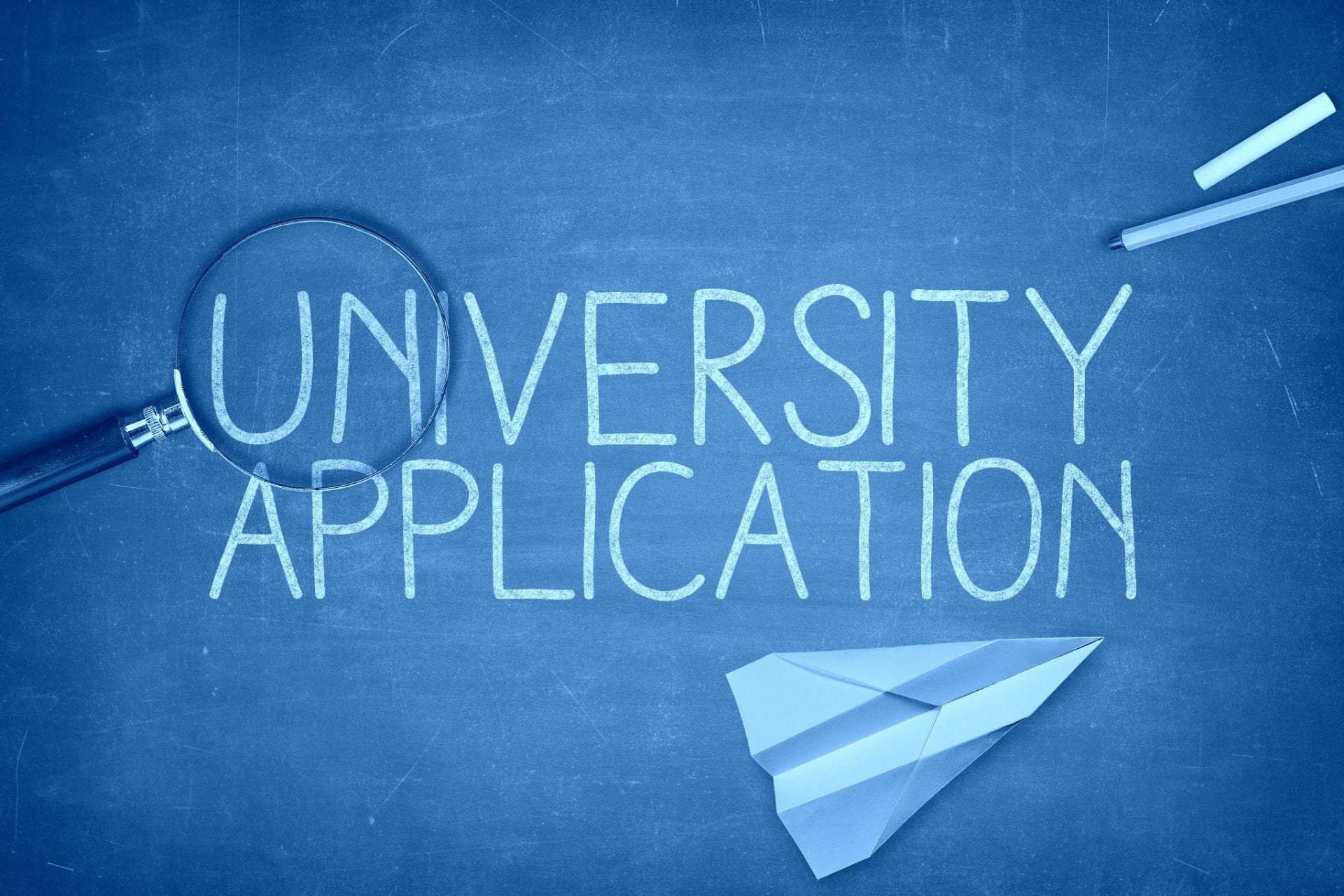My University Applications

This marks the beginning of my university journey, spanning the last years of high school and the preceding years that influenced my choices.
What schools did I apply?
SMU, NUS, NTU
As a high school student studying in Singapore, I had two main options for tertiary education: local or overseas universities. I chose to apply only to local schools, specifically SMU, NUS, and NTU.

Before delving into why I applied to these three local schools, let me provide some background information. I am an ASEAN scholar who came to Singapore to benefit from free education at what I would consider one of the best schools, NUS High School, particularly in Mathematics and Sciences. However, I don't possess extraordinary talent or a relentless determination to excel in Olympiads and competitions. Consequently, my portfolio doesn't boast any remarkable achievements, aside from some leadership experiences and a high CAP (Cumulative Average Point). I don't see myself as exceptionally special, especially compared to peers who are deeply passionate about specific subjects. Moreover, holding a Student Pass during my university application process made the chances of successfully applying to overseas universities with a scholarship significantly lower. This is because Singapore Citizens are generally given higher priority in overseas scholarship opportunities.
Given these circumstances, I opted to apply only to local universities, and among the six universities in Singapore, I selected SMU, NUS, and NTU. SMU stands as my first choice, a decision significantly influenced by the course I am applying for.
What courses am I into?
This significantly influenced my university choice
In the early years of high school, I initially considered pursuing Medicine, a highly competitive field that many of my close friends were also interested in. However, my perspective shifted when I observed that none of my Malaysian seniors who applied for Medicine were successful, and the chances of obtaining a medicine scholarship were extremely low. This prompted me to question whether this career path was truly my passion or if it was influenced by peer and familial expectations.
While I had a genuine interest in biology, excelling in biology exams and committing to a career in medicine are two very different things. To make an informed decision, I researched the career pathway of a doctor, weighing the pros and cons.

The difficulty for a foreign student to secure admission into a medicine program was a significant hurdle. There was a prevalent saying among my peers that "Getting into medicine is the hardest part; what awaits you in the future is a stable job with high pay" Considering the competitiveness even among local applicants, I had little confidence in being offered a medicine degree. Moreover, the ethical dilemmas and mental strain associated with potentially losing patients' lives, especially in roles like surgery or emergency medicine, led me to conclude that medicine was not the right fit for me.

Turning my attention to other career options, I explored the accountancy and finance route. Inspired by my older sister, who is an external auditor, I delved into extensive research about the potential of pursuing accountancy as a future career.

I attended the ISCA's Careers Exploration Event - AccountanCity 2023, where I listened to experienced professionals share their career journeys and insights into studying an accountancy degree. Conversations with employees of Big 4 accounting firms, such as Deloitte, provided valuable information. One memorable exchange highlighted the internship opportunities at Deloitte, with the potential for interns demonstrating excellent performance to be offered full-time positions after graduation.
After thorough research and conversations with professionals in the field, I made the decision to pursue accountancy, despite the risk of not having studied any accountancy courses during my high school years. I planned to self-study during my break after graduation, with occasional guidance from my sister.
But why SMU?
Very practical reasons
SMU, being my first choice, has multiple reasons for it. Of course, everyone could say that the difference is that it focuses on business and management, and it has a seminar-style learning and interactive pedagogy.

But other than that, what interests me more is its strategic partnership with ICAEW, where its students will receive a maximum of 12 exemptions out of the 15 examination modules in the ACA qualification programme. They only need to take the remaining 3 modules, and students are allowed to take 2 of these 3 modules (front-load) before graduation if they choose to do so. In comparison, the other 2 local schools, NUS and NTU, only offer a maximum of 6 exemptions in the Certificate level. This provides me a simple choice, as by studying in SMU, where the School of Accountancy is more specialized in Accountancy, I can enter the workforce by gaining the ICAEW qualifications faster than my peers who study in a different school. I would have acquired more professionalism in terms of accounting concepts.
Besides, as the statistics show that over 77% of students complete between two to seven internships before graduation, the working experiences before officially entering the workforce are indeed a valuable consideration for the SoA.
What had I done for the university applications?
My standard procedure
Checking for the Application Period
Before applying to universities, it's crucial to ensure that I don't miss the deadlines for submitting applications. To stay organized, I created a table for my reference, helping me stay on schedule.

Preparing All Required Documents
The next step involves identifying the documents required for each school. After graduating from NUS High School, all students typically receive a list of documents, including the diploma certificate, school leaving certificate, testimonial, academic transcript, student development transcript, and research innovation and enterprise transcript.
To meet submission requirements, I need to sort these documents into different PDF files. Each document has to be submitted through different links, so combining everything into one file isn't feasible. It's advisable to keep all transcripts and certificates in the same folder for easy access and organization.
Answer the Required Questions
Now comes the opportunity to showcase my portfolio and writing skills to universities, demonstrating more than just academic achievements. While questions may vary among different schools, they essentially revolve around similar themes:
- What's your top 5 achievements?
- How do you deal with failures or conflicts?
- Do you have any work experiences?
- Do you have any values and beliefs that you hold strongly to?
- What have you done outside of academics?
- Any special talent or skill?
The student development transcript proves to be an invaluable resource during this phase of the application process. It serves as a concise record of my high school journey, helping me recall a myriad of experiences and achievements. From leadership positions to awards received, even those I may have forgotten over the years, the transcript acts as a catalyst, reigniting memories and providing a comprehensive overview of my growth and contributions.

The time invested in responding to these questions was relatively short, given the word limits imposed for each query. While this brevity is beneficial for efficiency, I am concerned about the clarity of my expressions within the constrained word count. Balancing conciseness with comprehensive communication becomes a challenge, hoping that the admissions team will grasp the essence of my responses despite the limitations.
Submission and Payment
Following 2 to 3 rounds of reviewing my responses and uploaded documents, I went ahead with the submission and paid the application fees. The fees differed for each school: $15 for SMU, $10 for NUS, and $25 for NTU.
Sit Back and Wait
Upon receiving the confirmation email for my application, there was little to do except relax, hope for the best, and patiently await the outcome.

Stay tuned for more updates on my university journey
Scholarships, Tips to study in university, Personal experiences

